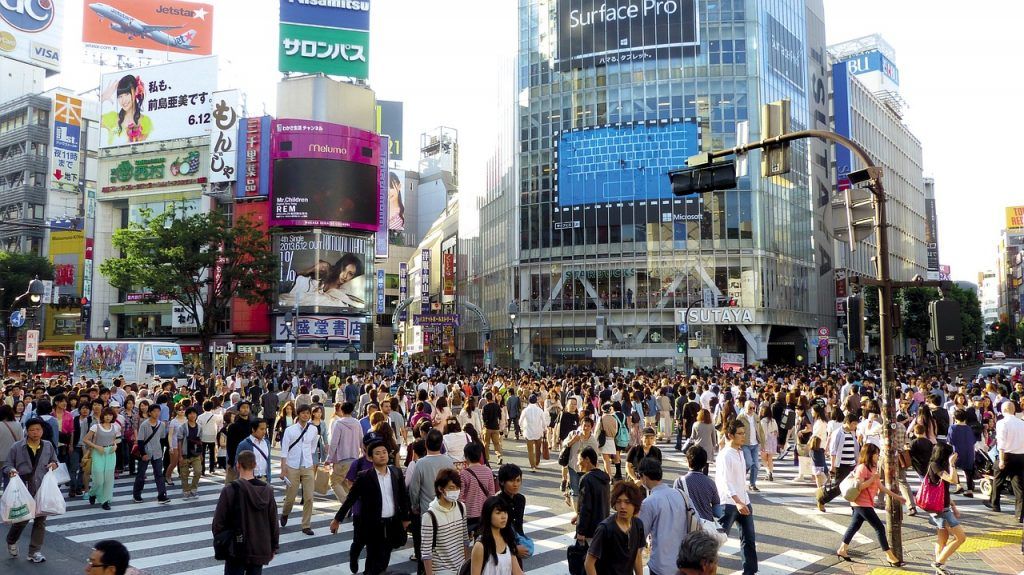In addition to the Covid-19 pandemic, the aging population has a major impact on Japan‘s fiscal situation and policy, according to information from the World Trade Organization (WTO).
Between 2017 and 2019, the government fiscal deficit (central and local government expenditures and social spending) fluctuated between 2.5 and 3.1% of Japanese GDP.
In the context of the pandemic, the Japanese government adopted in 2020 and 2021 several major supplementary budgets, resulting in a sharp increase in the overall deficit to 9.0 and 7.6% of GDP in 2020 and 2021, respectively.
The latest fiscal package was adopted in November 2021 to contain the pandemic, revitalize social and economic activities, create a virtuous circle between growth and income distribution, and improve resilience and security.
Aging population
Public social spending more than doubled between 1991 and 2020, rising from 11% to 25% of GDP.
Around 80% of this spending is devoted to pensions, health care and long-term care, one of the highest percentages in the OECD.
From the WTO’s perspective, the consequences of population aging and the growing fiscal pressure due to social security spending without corrective measures are likely to put sustainability at risk.
According to current official projections, spending on health care and long-term care, driven largely by population aging, is projected to increase by 3 percentage points of GDP by 2040 and social security spending by 2.5 percentage points.
Another factor putting pressure on public finances is the desire to achieve targets of zero net greenhouse gas emissions by 2050.
Economy
According to the European Central Bank (ECB), Japan’s economic activity continues to recover amid rising inflation.
The rebound in real private consumption has so far been modest, with real private spending on goods still below pre-crisis levels.
At the same time, manufacturing activity weakened in 4Q2022, weighed down by moderating global demand and a slowing recovery in supply constraints.
Headline inflation continued to rise to 4% in December, supported largely by higher energy and, to a lesser extent, food prices.
The current administration of Prime Minister Fumio Kishida and the previous administration of Prime Minister Yoshihide Suga have introduced policies to combat deflation and promote economic growth.
In addition, the Bank of Japan introduced a quantitative and qualitative monetary easing plan in April 2013 and announced a negative interest rate policy in January 2016.
However, for Pono Capital Corp, the long-term impact of these policy initiatives on Japan’s economy remains uncertain.
In addition, the increase in the consumption tax rate, which took place in April 2014 with a further increase in October 2020, may also negatively affect the Japanese economy, which could impact consumer spending and corporate advertising spending.
![]()

